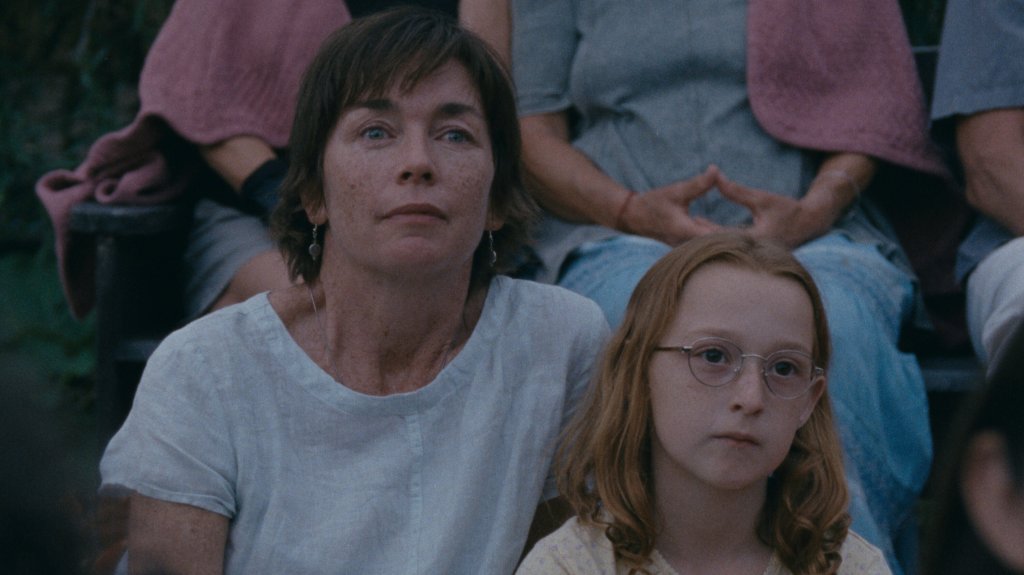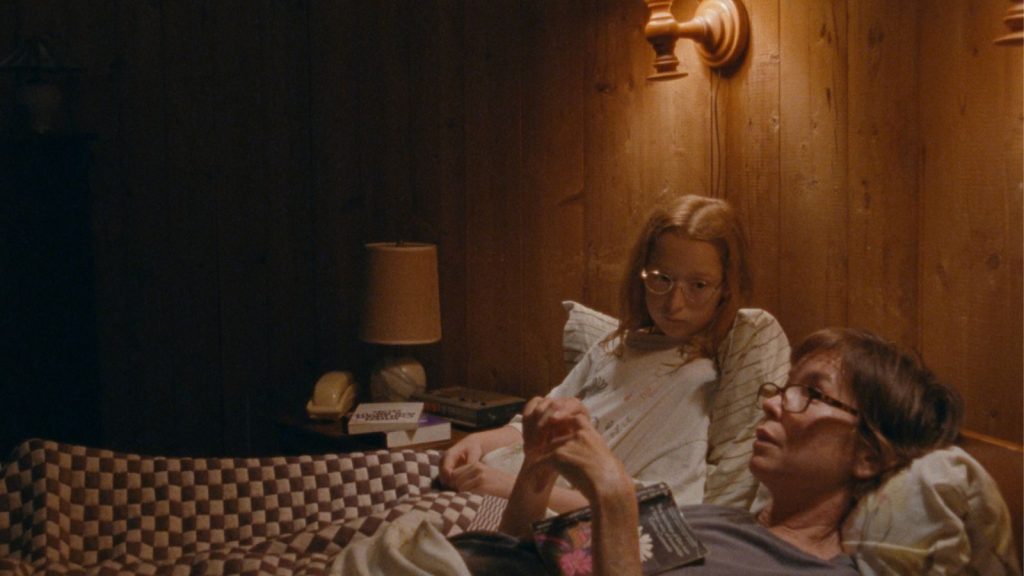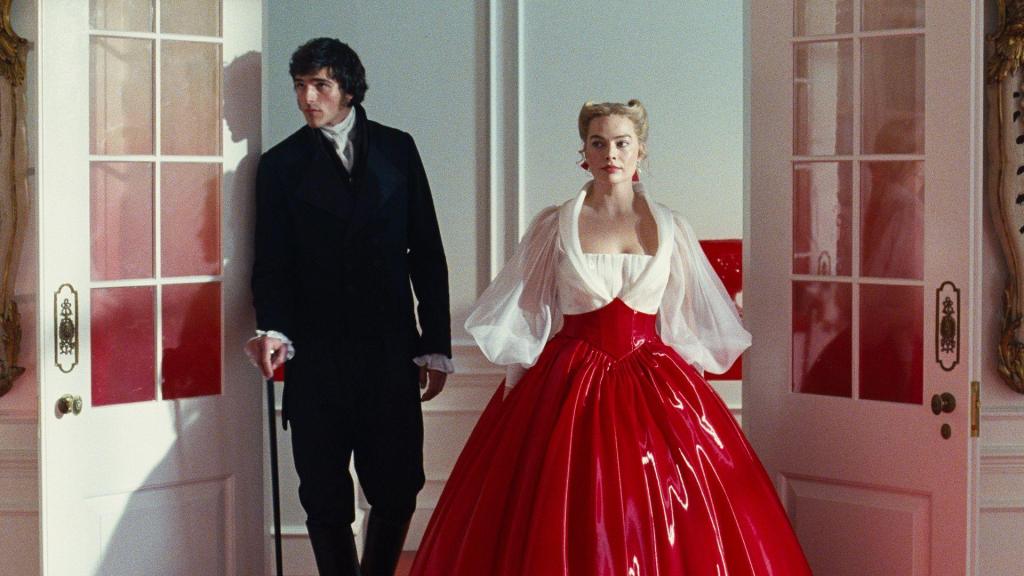
Movie: Janet Planet (2024)
Production Companies: A24, BBC Film, Present Company
Distributed by: A24
Director: Annie Baker
Starring: Julianne Nicholson
Review by: Stefano Todaro
After years of praise for her playwriting, which includes a 2014 Pulitzer Prize for her play The Flick, Annie Baker’s screenplay and directorial debut was highly anticipated. Writing for the stage and writing a film screenplay are very different things, and we’ve seen films fail in the past because the source material didn’t translate well to the screen. That’s not to say all adaptations don’t work. Stephen Karam’s 2021 film adaptation of his play The Humans and Florian Zeller’s film adaptation of his play The Father are recent examples of adaptations that worked well.
Rather than adapt one of her plays for her first film, Annie Baker wrote something new. Structured as three vignettes, Janet Planet tells the story of three individuals who come into the lives of Janet and her daughter Lacy over a few months. Part character study and part coming-of-age tale, the lack of focus made it a frustrating viewing experience. Janet Planet is primarily focused on Lacy’s perspective, but we learn so little about who she is that any sort of growth the character experiences leaves us cold. Not that a character transformation is needed to make a story impactful, but the lack of intrigue surrounding Lacy’s life was disappointing.
The same can be said of the titular character, Janet, who is equally cold and even more emotionally distant. One thing we do learn about her is that romantic partners frequently enter and leave her life, and that’s the case for these three individuals around which the film is structured. As we sit and wait for anything substantial to happen with these characters, the film simply moves on without reckoning with the impact each of them has on Janet’s or Lacy’s lives. Maybe there isn’t any impact and the only result is Lacy asking a few questions here and there. Or what is more likely is that the story is so personal to Baker that she assumes that the audience easily understands the gravity of it all.

With it being Baker’s debut, it’s impressive that she already has a confident style and vision, and I’ll give her kudos for that. What didn’t work for me were her framing and shot length decisions. Janet Planet is seemingly medium and long shots from start to finish, and because of her dedication to realism, the dialogue can be hard to hear because she wants characters to sound the way they should in those settings. What I thought was a theater issue was quickly proven to be an intentional decision. In regards to shot length, her commitment to letting shots and scenes breathe became tiresome and dulled the impact of scenes after a short time. Rather than using this technique to highlight a certain few aspects of the film, she holds shots for too long for the entirety of Janet Planet. And maybe this is where stage play tendencies kicked in. For those in the audience of a play, everybody on stage is in a medium or long shot, and scenes or “shots” last longer than they do in other mediums because of the difficulty of constantly rotating scenery in and out.
Janet Planet wants to be so many things that it’s not. It doesn’t have the existential power of something like David Lowry’s A Ghost Story, it lacks the grit and specificity that something like Sean Baker’s masterpiece The Florida Project so beautifully portrays, and its conversations are nowhere near as interesting or thought-provoking as anything from Richard Linklater’s Before Sunrise trilogy. This film is full of existentialism and seemingly deep conversations that all take place in a very niche setting portrayed by very specific characters. The problem is that the result is plotless tedium that moves at a glacial pace.
4.9/10
Written by: Stefano Todaro





Leave a comment